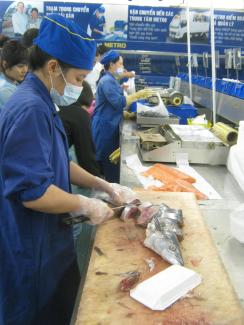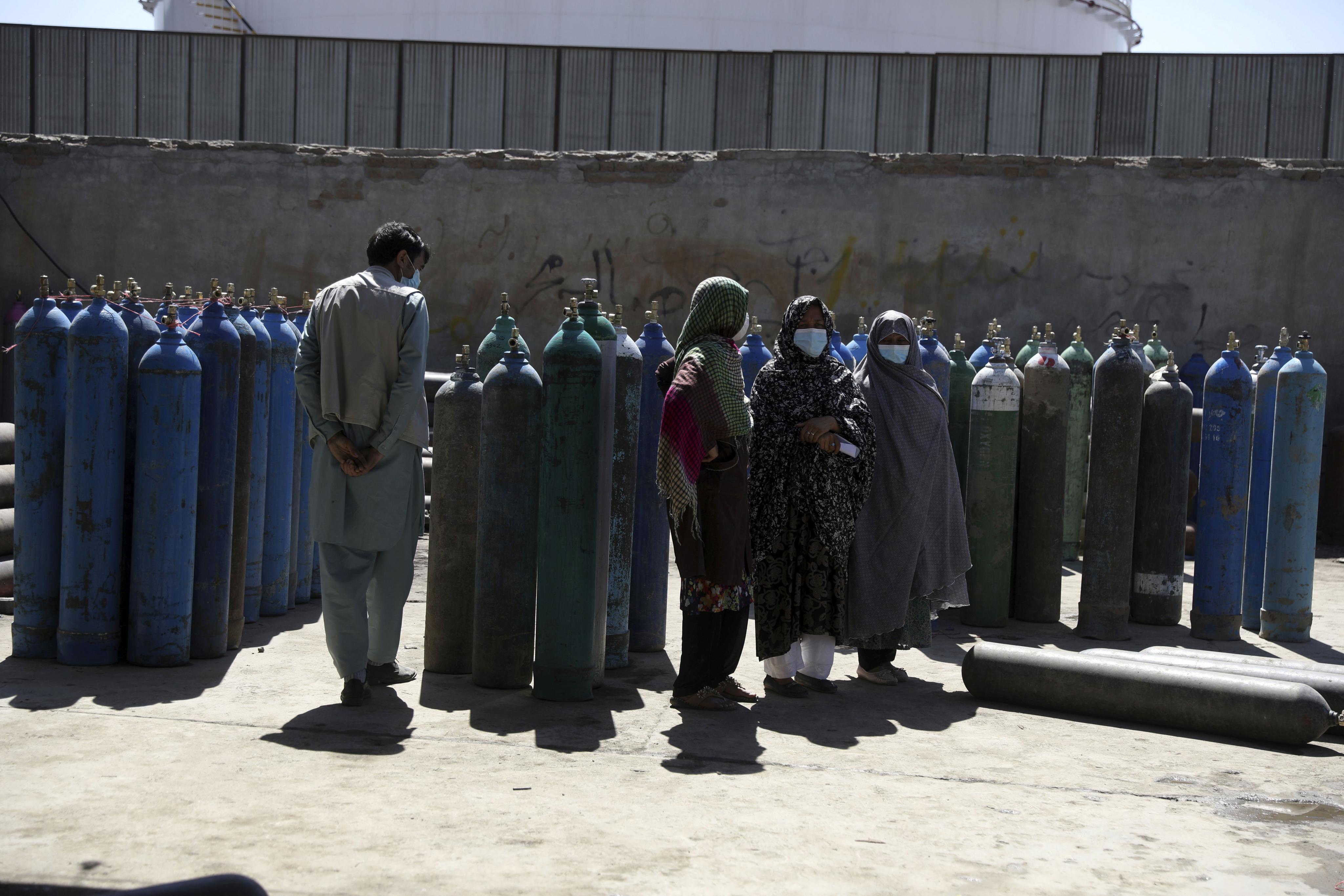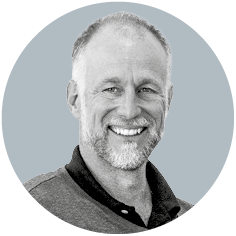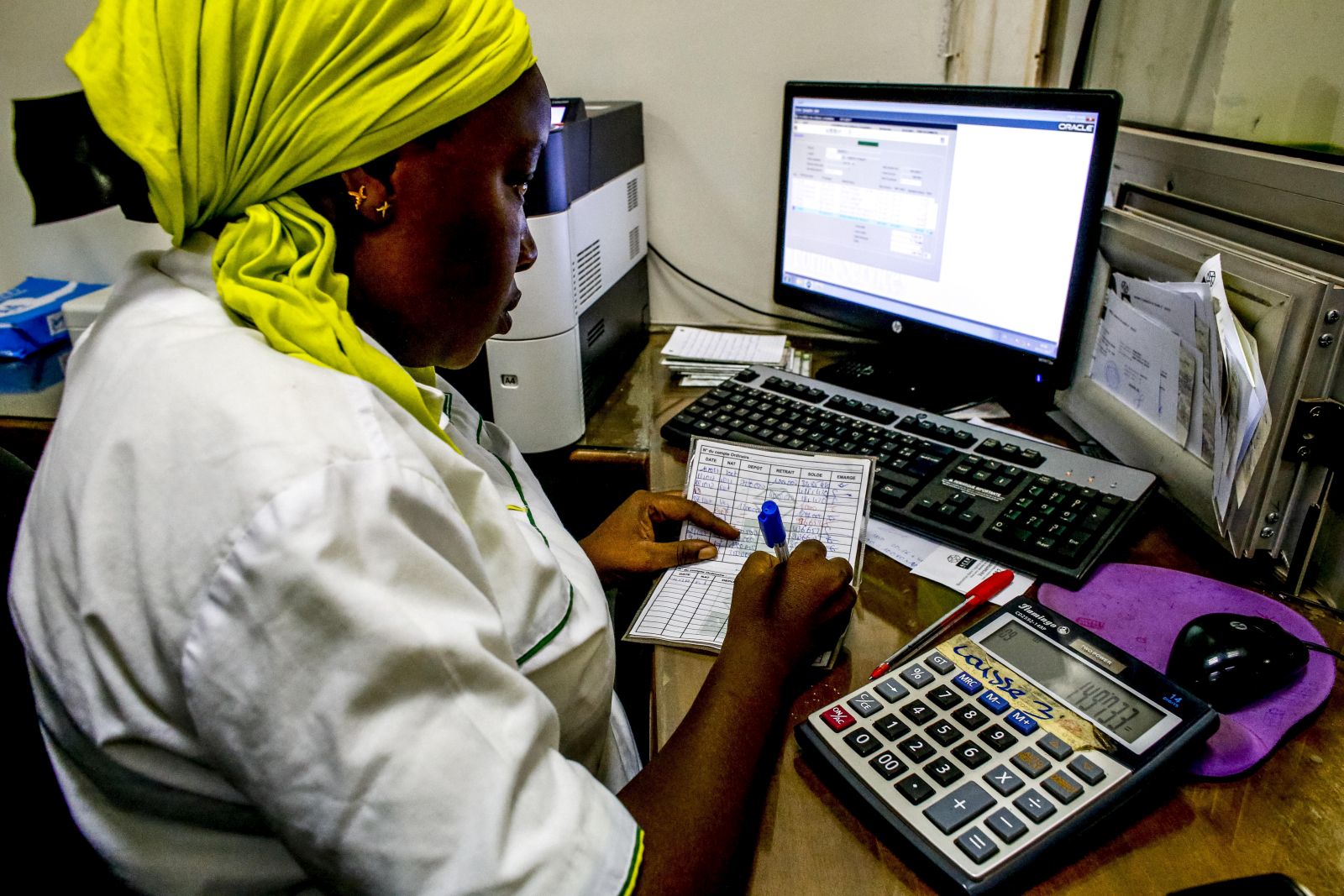Food
Food safety “from farm to fork”

Why do farmers who want to sell your company vegetables and fruit need special training?
Metro Cash and Carry (MCC) always adheres to its stringent quality standards in every country it operates in. Vietnam is no exception. We relentlessly strive to secure good quality agricultural produce for our professional customers. We are always prepared to share with local farmers our broad expertise and know-how on food safety and quality throughout the entire supply chain. In 2002, MCC Vietnam started to cooperate with international agencies and the Vietnamese government on several public private partnership (PPPs), aiming to enhance the quality of agricultural products and to develop a modern supply chain with an uninterrupted cold chain. Through the training provision, we help farmers to deliver better quality products while increasing outputs and decreasing costs, as well as spoilage. This eventually leads to higher incomes for the farmers, who are mostly smallholders. Through these programmes, we are able to secure good quality and reliable food products to fulfil our professional customers’ needs.
What do you teach the smallholders?
Training courses were conducted on safe fruit and vegetable production, as well as on fish production. We train local farmers in areas such as cultivation methods, post-harvest handling and food processing to improve their entire process according to international quality standards such as Good Agricultural Practices (GAP), which is one of the most widely trusted standards for food safety. Certified farmers generally benefit because they have better access to domestic as well as export markets.
What other kind of support do you give them?
In addition to training courses for farmers, we have worked with other stakeholders to link smallholders to a modern distribution infrastructure. We established centres for the collection, processing and distribution of fresh vegetables and fish in Vietnam’s Central Highlands and the Mekong Delta. They serve to better align production to market demand and boost the distribution efficiency for local products.
What is the benefit for the farmers?
Benefits for farmers are quite obvious:
enhanced product quality and productivity, reduced post-harvest loss through proper product handling and faster delivery to the market,
more stable income on a regular basis thanks to larger, demand-driven orders in the setting of an up-to-date distribution system and
reduced third-party costs and enhanced efficiency in the supply chain.
What is the benefit for your customers and for end-consumers?
Our wholesale business model is different from other retailers. We aim to serve professional customers such as restaurants, eateries, small traders, offices, manufacturers and institutions. Instead of selling directly to the end-consumers, we act as an interface between farmers, producers, and suppliers and those professional customers. We deliver reliable quality products and food safety and hygiene knowledge to our professional customers to ensure that they implement the standards in their operations, so ultimately, the end-consumers benefit too. We contribute to hygiene and food safety "from farm to fork". On top of that, we bring down market prices by cutting out unnecessary middlemen. We ensure that end-consumers get quality products at a competitive price.
Who are the farmers who supply food goods to Metro, what kind of farms do they have?
Most of the farmers in our training projects are local small and medium farmers and food processors from different provinces in the northern, central and southern Vietnam. They produce fruits and vegetables, some also run aquaculture businesses.
Why do your customers need training and what do you teach them?
We are able to guarantee the quality and safety of the food sold in our own stores. However, to secure the integrity and hygiene of the entire supply chain, we need to go an extra step to provide our customers in the catering sector with more knowledge of processing, handling and storing food hygienically and safely. In early 2013, in cooperation with the German development finance institution DEG, and a non-profit organisation, we launched a project called HEALTHY. The aim is to improve public health by providing our staff as well as our customers, suppliers and some university students with training in hygiene and food safety. Through demonstration of a mobile kitchen facility at all stores across Vietnam, we have educated and built the capacity of our hotel/restaurant/catering customers on hygiene best practices.
Do you offer similar training programmes for fisheries?
Starting in late 2011, we have worked with Vietnam’s Ministry of Agriculture and Rural Development and other partners to implement a PPP project called Fresh Fish Supply Chain project. The vision of this project is to offer Vietnamese consumers good-quality, fresh fish which is produced in a sustainable way and processed under international hygiene and food safety standards. After two years, the project has trained and certified over 400 aquaculture farmers. The total volume of fish purchased from them has reached almost 4,000 metric tons. We built a collecting platform in the Mekong Delta, and it is playing an increasingly important role. It is integrating the fresh-fish cold chain into the domestic market. At the same time, it is connecting farmers to the modern trade network, increasing farmers’ incomes as well as promoting good agricultural practices among farmers.
Why are you cooperating with the DEG in this context?
We believe both Metro and DEG share the same vision that is to contribute to the sustainable development of the local people and communities. For us, sustainability means working together to enhance the quality of life of our customers, employees and people who work for us while protecting the environment and the society we live in.
Philippe Bacac is the managing director of Metro Cash and Carry Vietnam (MCC VN). The company oper- ates 19 wholesale markets. The German development finance institution DEG, a subsidiary of KfW cooperates with MCC VN on training in hygiene and food-safety matters with funding from Germany’s Federal Ministry for Economic Cooperation and Development (BMZ).
hung.khuat-quang@metro.com.vn












